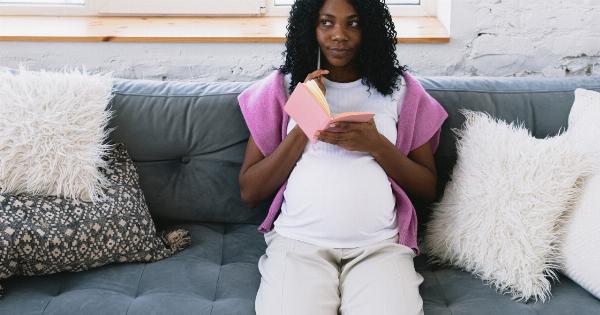Chickenpox is a viral infection that affects most children before the age of 10. It is a highly contagious disease caused by the varicella-zoster virus (VZV).
It is common and usually resolves on its own, but it can cause serious complications in some people, particularly newborns, pregnant women, and people with weak immune systems.
Causes of Chickenpox
The varicella-zoster virus (VZV) causes chickenpox. It is highly contagious and spreads through direct contact with an infected person’s rash or by coughing or sneezing.
The virus can also spread through contact with infected surfaces, such as toys, doorknobs, and clothing. Once a person is infected, they are contagious from 1-2 days before the rash appears until all the blisters have crusted over, which takes about 5-7 days.
Symptoms of Chickenpox
Chickenpox symptoms usually appear between 10-21 days after exposure to the virus. The first sign of chickenpox is usually a fever, followed by the appearance of a rash. The rash consists of small, itchy, red bumps that eventually turn into blisters.
The blisters are filled with a clear fluid that eventually becomes cloudy and pus-filled before scabbing over. The rash usually starts on the face, chest, and back, but it can spread to other parts of the body, including the scalp, mouth, and genitals. Other symptoms of chickenpox include:.
- Loss of appetite
- Headache
- Tiredness and irritability
- Abdominal pain and nausea
Treatment for Chickenpox
Most cases of chickenpox resolve on their own within 1-2 weeks. However, there are several treatment options available to help alleviate symptoms and prevent complications. These include:.
- Antiviral medication: Antiviral medication may be prescribed for people with severe chickenpox, newborns, pregnant women, and people with weakened immune systems.
- Over-the-counter medication: Over-the-counter pain relievers, such as acetaminophen and ibuprofen, can help relieve pain and reduce fever.
- Antihistamines: Antihistamines help reduce itching caused by the rash.
- Cool baths: Cool baths with added oatmeal or baking soda can help reduce itching and skin irritation.
- Calamine lotion: Applying calamine lotion to the rash can help relieve itching and skin irritation.
Prevention of Chickenpox
The best way to prevent chickenpox is by getting vaccinated. The chickenpox vaccine is 97% effective in preventing the disease.
It is recommended that all children between 12-15 months of age receive the vaccine, followed by a booster shot between 4-6 years of age. Adults who have never had chickenpox should also consider getting vaccinated.
Other ways to prevent the spread of chickenpox include:.
- Avoiding contact with infected people
- Frequent handwashing
- Keeping surfaces clean and disinfected
Complications of Chickenpox
Although most people recover from chickenpox without complications, some people are at risk of developing serious complications. These include:.
- Bacterial skin infections
- Pneumonia
- Encephalitis (inflammation of the brain)
- Reye’s syndrome (a rare but serious condition that can cause brain and liver damage)
People at risk of developing these complications, such as newborns, pregnant women, and people with weakened immune systems, should seek medical attention immediately if they develop symptoms of chickenpox.
Conclusion
Chickenpox is a common viral infection that affects most children before the age of 10. It is highly contagious and can cause serious complications in some people, particularly newborns, pregnant women, and people with weak immune systems.
However, most cases of chickenpox resolve on their own within 1-2 weeks, and there are several treatment options available to help alleviate symptoms and prevent complications. The best way to prevent chickenpox is by getting vaccinated.




























